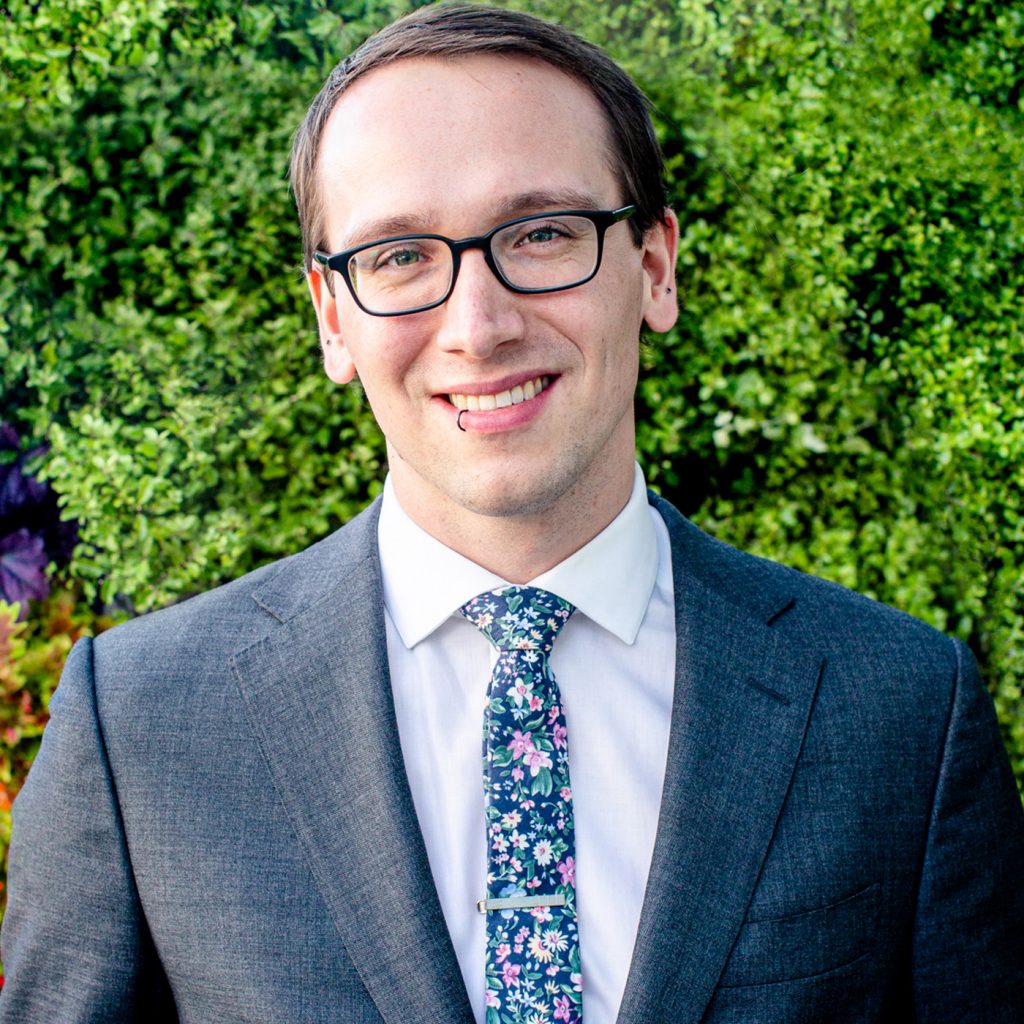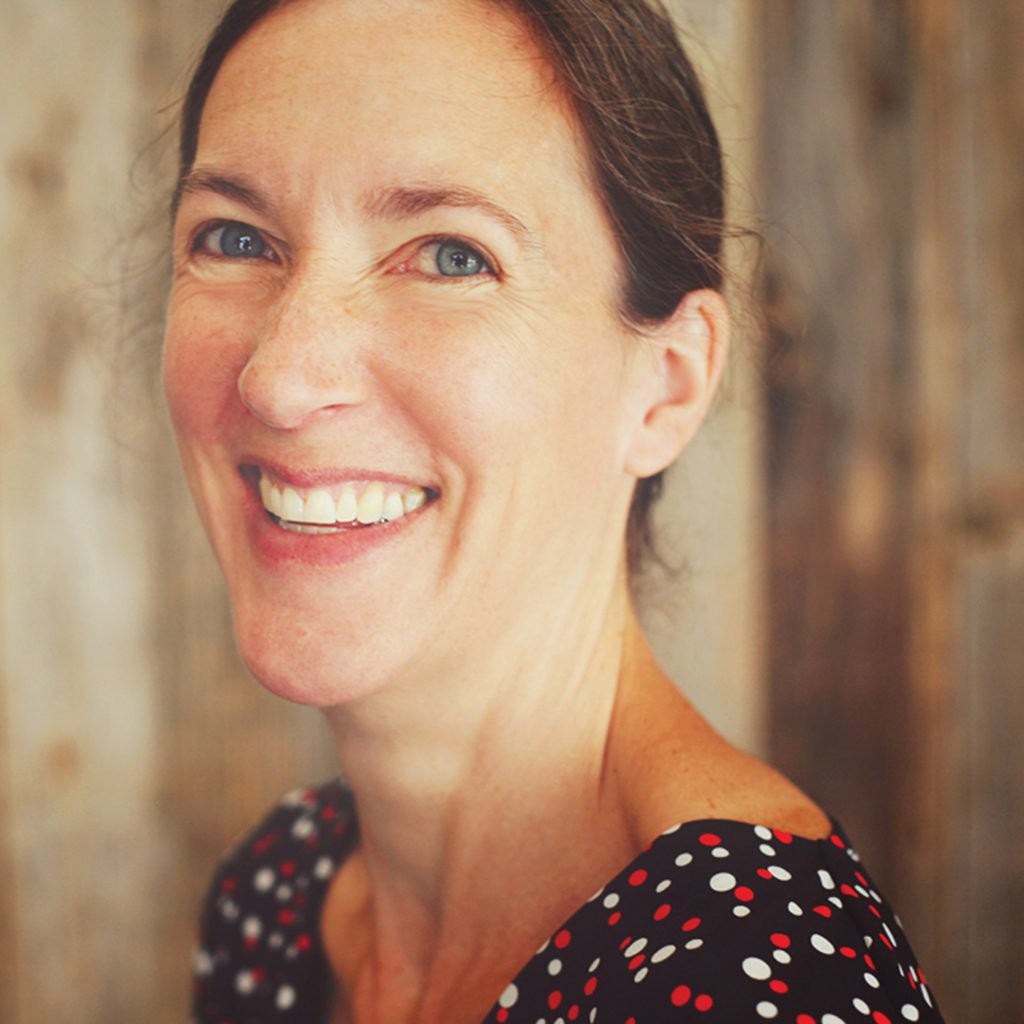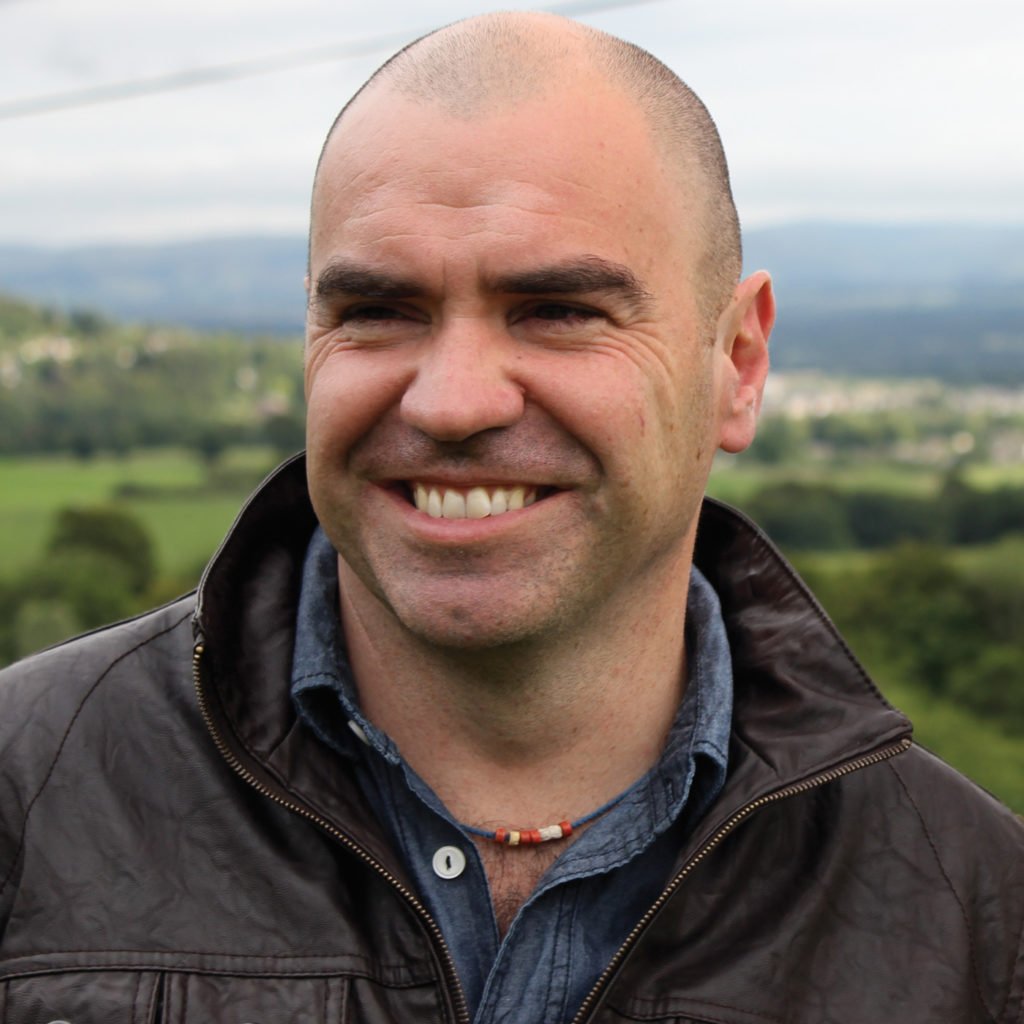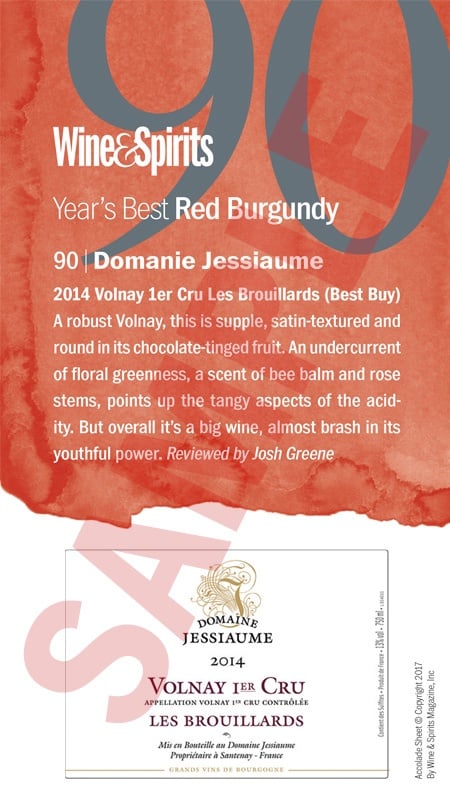This week, the International Wineries for Climate Action (IWCA), an organization formed by Torres Family Wines and Jackson Family Wines, welcomed four new applicant members: Spottswoode Estate (Napa Valley), Symington Family Estates (Douro, Portugal), VSPT Wine Group (Chile and Argentina) and Yealands Wine Group (New Zealand). Joshua Greene reports on how this significant climate action came to pass.
“Maybe because I’m getting old, I’m pessimistic,” Miguel Torres told me over dinner in Montréal last November. He had come to town to speak at Tasting Climate Change, presenting the work his family has been doing in Catalonia to mediate the carbon footprint of their vineyards and wineries.
Torres gained fame in the 1960s by bringing cabernet sauvignon to Penedès, building on his father’s success with the local red blend, Sangre de Toro, with a higher-quality wine using foreign vines. Later, in the 1980s, he took a sabbatical from his company and went back to study at Montpellier. “I was forty years old and could invite my professors to dinner,” he recalled. One of those professors, Denis Boubals, brought his attention to the local varieties of Penedès that might have survived phylloxera. “So, we put a small ad in a local paper: ‘If you have a vine and don’t know what it is, call us.’ And eventually, we found seven or eight [varieties] that were good, or very good.”
Reviving those varieties turned out to be Torres’s first foray into climate-change remediation. As he explained it, farmers in the 1300s to 1500s were selecting vines that matured late, or had a slow maturity, as the climate went through a warming stage. “That was followed by the Little Ice Age, and in the 1700s and 1800s, those vines were abandoned. Now, for our new warming climate, these grapes are very interesting.”
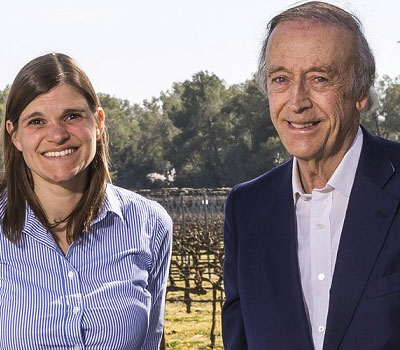

Already sensitive to the changes in his vineyards, Torres accelerated his response after watching Al Gore’s “An Inconvenient Truth” in 2008. “I told my wife, we need to do something, because the vines are so sensitive to heat. We have to adapt: We have to plant at higher elevations in Catalonia.” In Chile, where he also runs a winery, he began looking to shift his focus to cooler southern areas. He and his family invested in renewable energy, in a fleet of electric vehicles, and in land in Bio Bio—they purchased close to 15,000 acres where they will plant trees.
Meanwhile, Torres’s niece, Christina Torres, was interning with Jackson Family Wines (JFW) in Sonoma, in the company’s sustainability department and she told her uncle about the work JFW was doing. Katie Jackson, who has been overseeing the sustainability project at her family’s company, began meetings with Torres. The two families found that they shared a serious commitment to fundamental changes in their approach to business that would significantly decrease their carbon footprint in viticulture, winemaking and distribution. Julien Gervreau, the vice president of sustainability at JFW, worked with the Torres team to create the structure for what would become the International Wineries for Climate Action (IWCA), founded in February 2019.
The Torres and Jackson families set their first goal using the Intergovernmental Panel on Climate Change’s findings that global emissions need to be cut in half by 2030 if warming is to be limited to 1.5 degrees Centigrade. And then they set a longer-term goal based on the panel’s recommendation of carbon neutrality by 2050.
“For our internal goal,” says Katie Jackson of JFW, “we originally did a roadmap for reductions of 80 percent by 2030, then set the goal at 65 percent by 2030. We recognize this is going to be difficult and we don’t want to scare people away. We made the IWCA goal slightly earlier and slightly easier.” The IWCA goal is 50 percent reduction by 2030 and 80 percent by 2045.
The members of IWCA plan to work collaboratively, researching solutions that diminish their carbon footprint and mitigate the impacts of climate change. Members also commit to the following:
1. Being powered by at least 20 percent onsite renewable energy (not including purchases of renewable energy credits).
2. Completing a minimum baseline third-party verified greenhouse gas emissions inventory for a standardized set of emissions categories across Scopes 1-3 (using the World Resources Institute’s GHG Protocol following the ISO 14064 process; these scopes refer to (1) direct emissions from the running of the company’s power needs and vehicles, (2) indirect emissions from purchased power and (3) indirect emissions from sources the company does not own or control).
3. Demonstrating at least a 25 percent reduction in CO2 emissions per unit of wine produced from a baseline emissions inventory year.
4. Committing to reducing total emissions (Scopes 1-3) 50 percent by 2030 and 80 percent by 2045.
“To join, new applicants are required to do their greenhouse gas emissions inventory, and to get a third-party auditor to verify,” Jackson explains. “Then, we’ve been discussing having them update that every year and report back to IWCA. We’ve had some discussions with smaller wineries, for whom it is financially challenging. So, we’re discussing verification every two years. We’re also talking about whether there is anything we can do to have small wineries join and not have a huge burden—maybe there is government funding that we could apply for.
New Applicant Members
Spottswoode Estate, in Napa Valley’s St. Helena, is owned by the Novak family. They have farmed their vineyards under organics since 1985 and gained CCOF certification in 1992. The vineyards and winery are certified Napa Green; and they are applying for LEED certification for the winery and pursuing B Corp Certification.
Symington Family Estates is a major player in the Douro, a family company at the scale of JFW and Torres. The family have the first certified B Corporation wine company in Portugal, and have set goals for 2025 for CO2 reductions, renewable energy, electric vehicles, and water and energy efficiency.
VSPT Wine Group is owned mostly by CCU, a public company. It farms 13,200 acres of vines, 80 percent in Chile, the balance in Argentina. The company’s brands include San Pedro, Tarapacá, Leyda, Santa Helena, Misiones de Rengo and Viña Mar in Chile, and La Celia and Graffigna in Argentina. The company states as its goals to utilize 100 percent renewable energy for wine production, recovering ecosystems through a focus on biodiversity and waste management.
Yealands Wine Group traces its roots to 2002, when Peter Yealands planted vines in the Awatere Valley in Marlborough. When Yealands built their winery in Seaview in 2008, it was the first in New Zealand to be certified carboNZero. The firm’s three main brands, Yealands Estate, The Crossings and Babydoll, are all promoted as vegan friendly and sustainable. YWG is now owned by Marlborough Lines, a regional electricity supplier, whose shares are held by the Marlborough Electric Power Trust.
“It’s often smaller, family-owned wineries that are looking at the long term in ways than corporate wineries are less likely to do,” Jackson says.
Joshua Greene is the editor and publisher of Wine & Spirits magazine.
This is a W&S web exclusive. Get access to all of our feature stories by signing up today.







